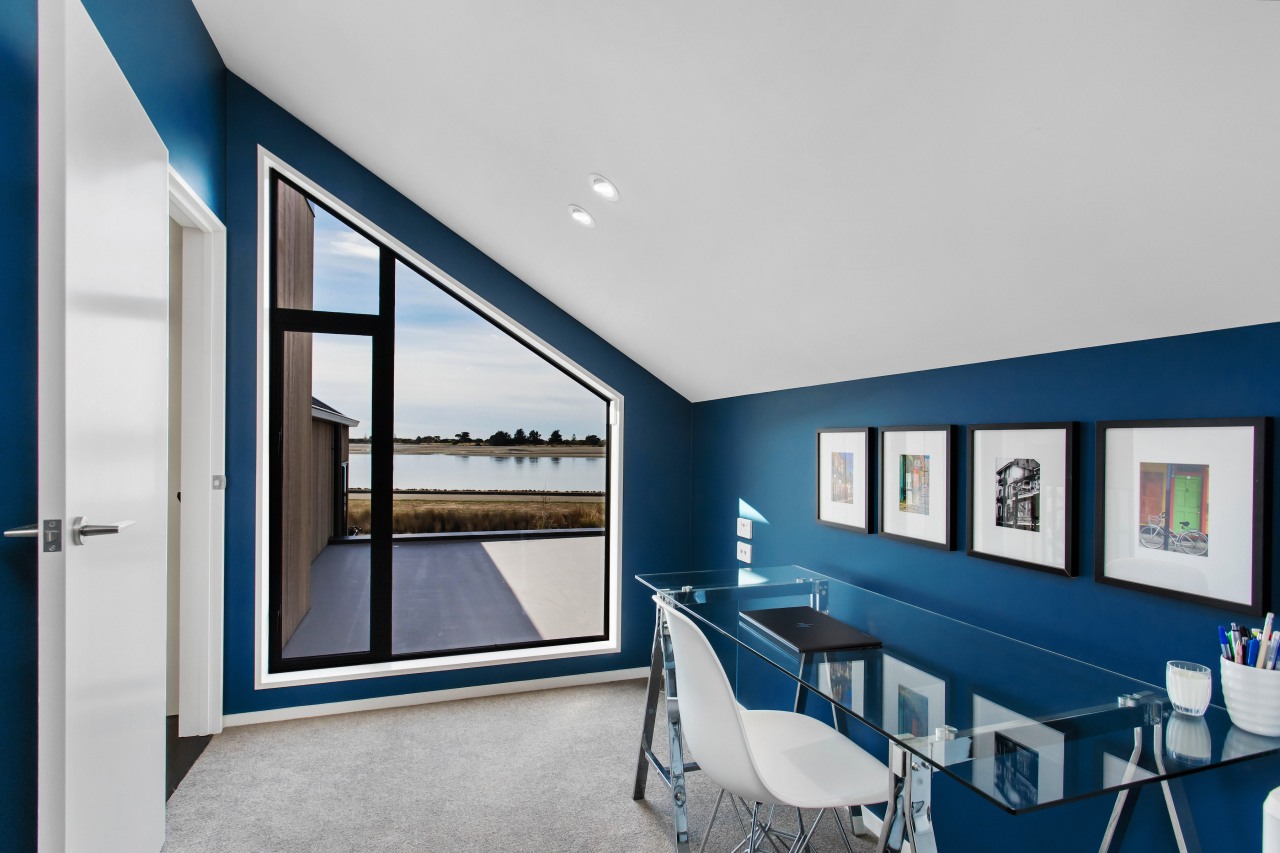Fresh interest in traditional material
Long recognised as warm and natural, wool and its benefits are now looked at with fresh eyes amongst millennial consumers, says a nation-wide Bremworth study
A three-year research study into the perceptions of wool has found efforts to build the industry’s sustainability credentials is transforming how millennial consumers perceive the fibre – excerpts of this study show a return to a once adored product – albeit from a wider, more informed perspective.
The nationwide Bremworth study, which has tracked changes in attitudes over the past three years, also shows that the perception of wool carpet as having a higher cost, when compared to synthetic alternatives, is becoming less of a barrier for most consumers.
The new study found wool is increasingly recognised as environmentally friendly by over three quarters (77%) of those surveyed and sustainable by more than two thirds (69%) of respondents.
Healthier, fire resistant, allergy friendly
The research also found health and safety of home flooring is now a key driver of purchase for consumers with almost a third (31%) of those New Zealand households surveyed living with someone with allergies.
Wool is seen as healthier (66%), more fire resistant (60%) and more allergy friendly (45%) than synthetic alternatives.
Once ubiquitous (and set to be again)
Greg Smith, CEO of Bremworth, says while wool was once ubiquitous on the floors of New Zealand homes, over the past two decades synthetic flooring has become dominant in the market.
The nationwide Bremworth Study was conducted by an independent market research agency and was designed to understand New Zealanders’ perceptions of wool.
Smith says for the first time the local industry is now faced with building awareness of wool carpet across a segment of millennial homeowners who have not grown up with it in their house as children.
Awareness of wool and its benefits seen afresh
“What we know from the research is that half of those in the market for renovating or refurbishing their home are now in the millennial age bracket.
“This is a market segment who is looking to wool for a range of reasons that weren't priorities for the generations that preceded them.
“We also know that millennials spend time researching products before buying and choose brands that align with their ethical beliefs and values – the length of life of a product, sustainability and environmental impact are also factors they take into consideration before making a purchase," says Smith.
Find out more about Bremworth's proudly wool-made carpets and rugs
Story by: Trendsideas
Photography by: Liz Pitcorn, Parallax Films
Home kitchen bathroom commercial design




